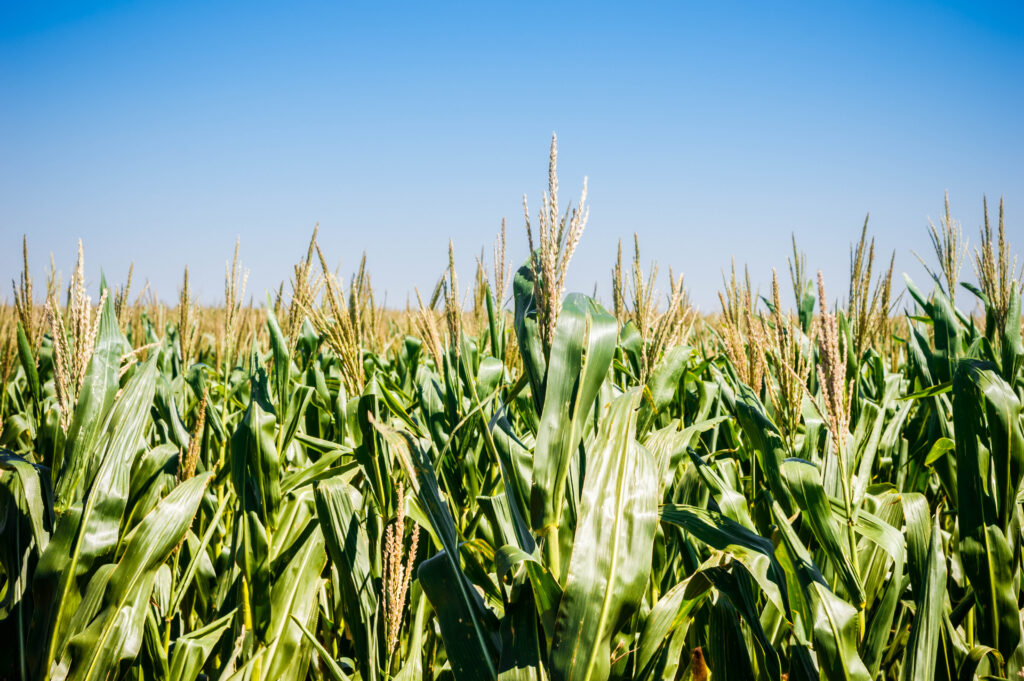Today is Earth Day.
It is a time for all citizens to evaluate our connection with the Earth. It’s a very special day for people like me, whose job is centered on protecting and enhancing our natural environment.
This year’s theme is “Restore Our Earth”, a perspective of optimism following a challenging year impacted by a global pandemic and climate change.
As I think about restoration, I think about my profession. We restore water. That is, we take dirty water and make it clean, returning a precious resource to the environment and protecting the health of our communities.
So where do biosolids fit? It is recycling. Just as citizens recycle glass, plastic, metal and paper to conserve our natural resources, so too do water resource recovery facilities play a critical role in recovering and reusing valuable and limited resources. The recycling of biosolids represents one facet of this essential role.
We spend a great deal of capital treating water and removing the solids. We take this treated material and recycle it on agricultural farms. Since the theme of this year is climate, it’s important to recognize that using biosolids can capture carbon, mitigating climate change. It’s why the Council is engaging with Virginia Tech on a research project to better understand how much carbon biosolids actually sequesters when it is used on agricultural lands. Capturing carbon in soil is important because of its potential as a long-term, low cost and environmentally friendly way to store carbon. In addition, the use of biosolids can reduce commercial fertilizer, improve soil health, and strengthen the economy of a farm.
Earth Day is a unique day on the calendar.
I want to thank the other professionals like me who protect the Earth and its natural environment every day – and to those of you who choose this day to evaluate ways to improve our Earth.
Jamie Heisig-Mitchell is the Chief of Technical Services for the Hampton Roads Sanitation District and President of the Virginia Biosolids Council. She holds both a B.S. and a M.S. in biology from Old Dominion University. She was key in securing regulatory approval for SWIFT aquifer recharge demonstration project. She is a graduate of Kenan Flagler Water and Wastewater Leadership program, alumna of both the Virginia Natural Resources Leadership Institute and the Hampton Roads Civic Leadership Institute.
